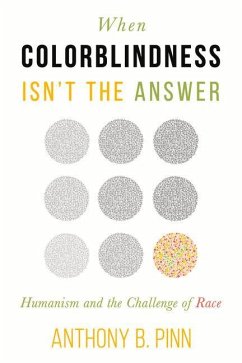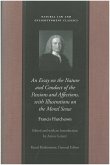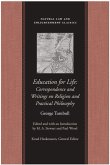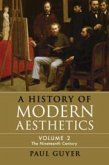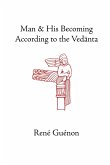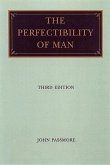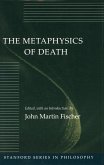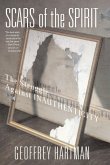Is colorblindness really the answer to America's racial divide? In this thought-provoking volume, Anthony B. Pinn challenges the conventional wisdom and makes a compelling case for why humanism must embrace racial justice. He argues that a truly humanist approach requires acknowledging and addressing the complexities of race, rather than ignoring them. Pinn urges humanists to move beyond the question of why racial minorities remain committed to religious traditions and instead confront a more pressing issue: Why has humanism failed to offer a more compelling alternative? Through insightful analysis and historical context, Pinn provides a framework for understanding white privilege, challenging social constructs, and promoting meaningful engagement with race. This book is for humanists, social justice advocates, and anyone seeking a deeper understanding of race relations in America.
Bitte wählen Sie Ihr Anliegen aus.
Rechnungen
Retourenschein anfordern
Bestellstatus
Storno

